Finding love can be difficult. Facing rejection can be even more difficult, no matter what time we live in. Alice Lowe’s “Timestalker” analyses these concerns through the eyes of a woman who yearns to be with the man of her dreams. However, no matter what time she lives in, she struggles to be with him. In this time-hopping tale of romance, she finds herself in different eras constantly trying to be with this exact person. However, she gets pulled back into her reality, which is rarely as flattering as she hopes it to be.
Alice Lowe leads this zany tragicomedy as Agnes, who finds herself seemingly reincarnated across four timelines. The first of them is in 17th-century Scotland, where she sacrifices her life for a charming man, whom she falls for at first sight. Almost a century later, she finds herself in England, married to Nick Frost’s George. From the get-go, he appears to be an entitled man who walks around, thinking that the world belongs to him. Agnes is forced to make peace with this pompous man while yearning to be with someone who doesn’t seek her submission but her presence.
That’s when she lays her eyes on Alex (Aneurin Barnard), who isn’t a part of her privileged world. This charming outlaw seems to be an answer to her misery. He is the spitting image of the man she previously sacrificed her life for. So, she seeks him in the brief windows of alone time she manages to find away from the painfully insecure George.
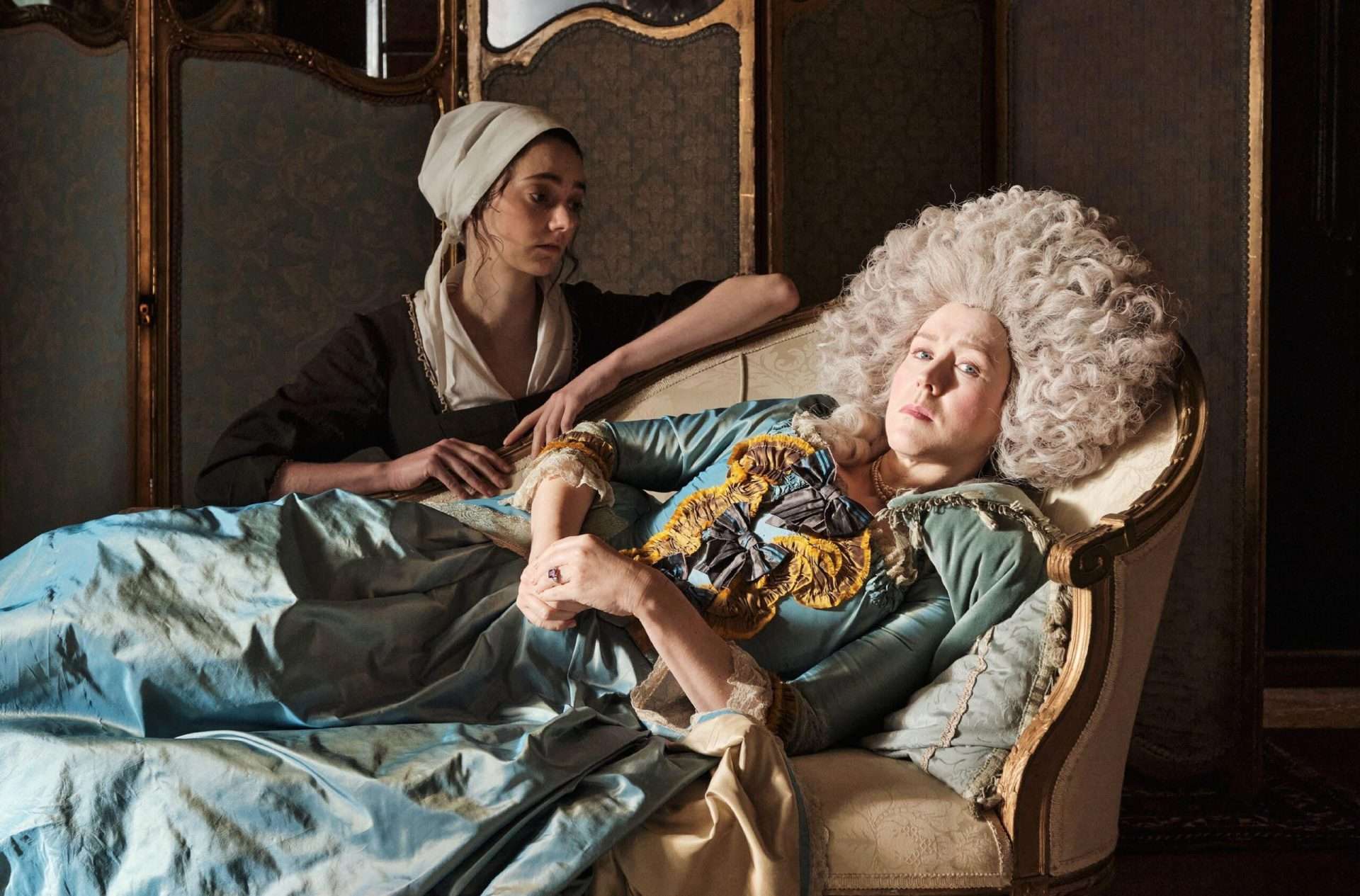
Eventually, she finds herself in the late 20th century, living amid a world that appears far more free-spirited than what she was used to. She also finds Meg (Tanya Reynolds) and Scipio (Jacob Anderson) there as versions of their past selves. Meg is her concerned friend, who hopes Agnes feels loved and valued. Scipio remains more invested in what Agnes’ freedom means in a larger context.
Unlike before, Agnes is not committed to George, who neither loved nor respected her in her previous life. However, he still makes his presence felt in other ways, showing his vices more transparently than before. Even here, he is driven by his selfish intentions, hoping to be with someone largely to possess them rather than accompany them. While he hovers around her even in this world, she still hopes to be with Alex.
“Timestalker” mainly shows her quest for romantic fulfillment, which ties into her idea of liberation. She remains faithful to her desires no matter what era she finds herself in. It never leads her to the freedom she consistently seeks. Instead, it puts her in unavoidable situations. Amid its quips, the film presents the misogynistic notions tied to her philosophy of independence since a man is her answer to feeling fulfilled. This has been a part of romantic narratives since time immemorial. However, instead of ridiculing Agnes’ desires for their link to a regressive mindset, the script empathizes with her pain and acknowledges her desire for what it means to her on a personal front.
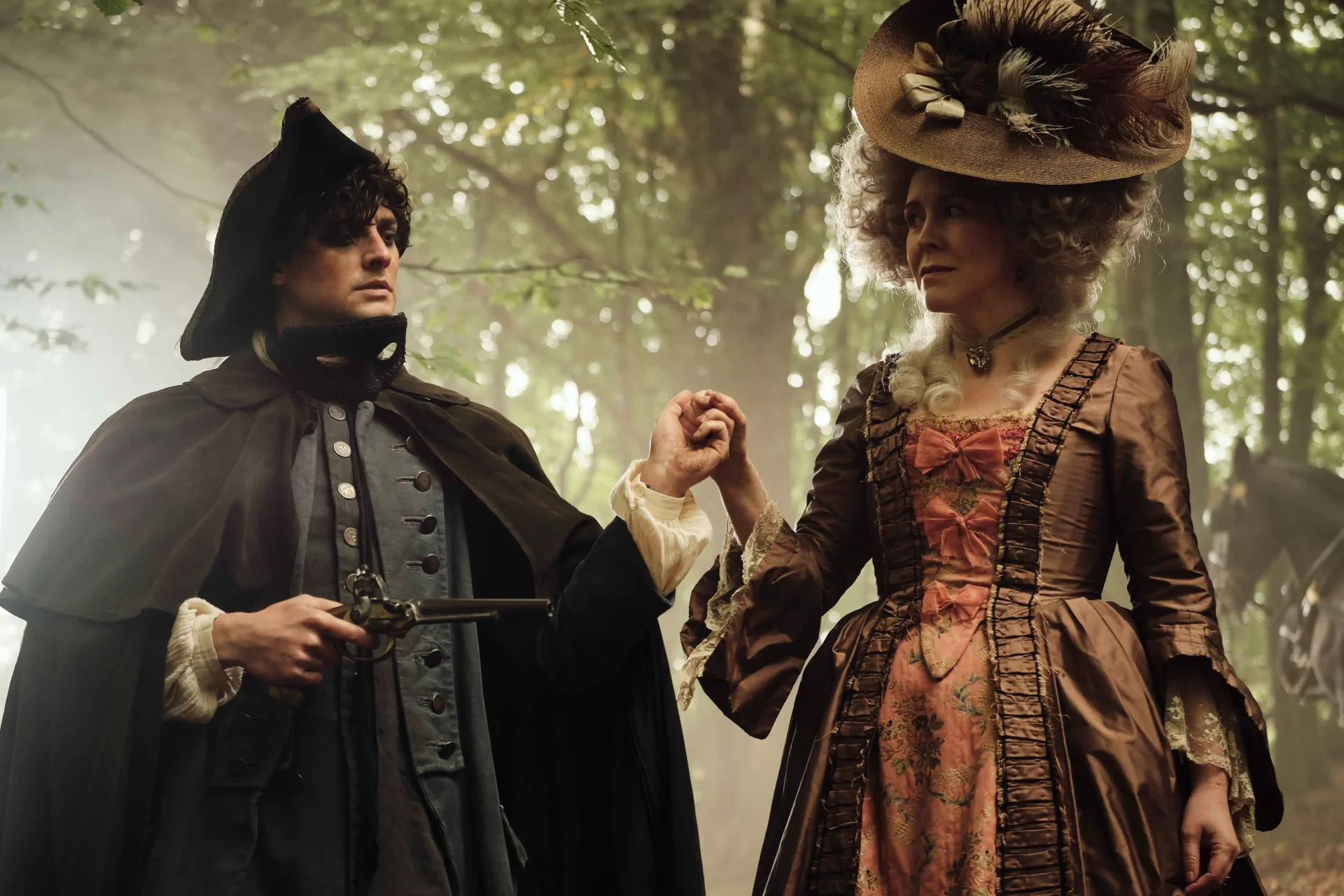
The film occasionally dissects these desires from a larger, sociological standpoint. Scipio appears as the voice of reason, who introduces her to a stimulating discourse. He expects her not to be tied to a master to feel alive or accepted. As it happens, Meg faithfully stays by her side. She introduces Agnes to new ways of living, where her desires need not be bound to societal limitations. They both have different intentions and goals for helping this hopeless romantic. The script stresses those differences to show Agnes learning what’s good for her.
While doing so, the film highlights the regressive views that continue to exist despite the change of times. Even in a period defined by sexual liberation, the orthodox gender norms dictate so much from the world Agnes inhabits. They affect her perspective as she seeks known sources of comfort instead of embracing the uncertainty. While she represents this lover archetype, the script remains faithful to depicting her individual journey. It shows her growing into a person indifferent to the internal and external pressures.
The script reveals plenty about her internal conflict as it analyzes her inhibitions, regrets, endurance, and courage. Instead of romanticizing her struggle, the script probes into its roots. The film plugs these ideas in a whimsical package that cuts back and forth between different timelines, allowing it to represent that déjà vu that she experiences through time-hopping. It represents its different eras with most of its cliches to further its critique. Alice Lowe presents Agnes’ pathos while maintaining a sense of her fanciful inner world. As a director, she strikes a fine balance between its bleak and critically comic moments.



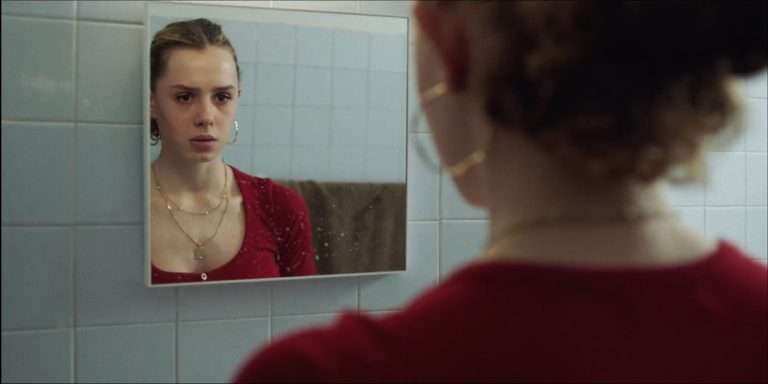
![Mangrove [2020]: ‘BFI-LFF’ Review – A poignant and overlooked account directed with style](https://79468c92.delivery.rocketcdn.me/wp-content/uploads/2020/10/Mangrove-2-highonfilms-768x479.png)
![Spider-Man: No Way Home [2021] Review – A Tale of Two Movies At Odds With Each Other](https://79468c92.delivery.rocketcdn.me/wp-content/uploads/2021/12/Spider-Man-No-Way-Home-2021-e1639643826956-768x397.jpg)
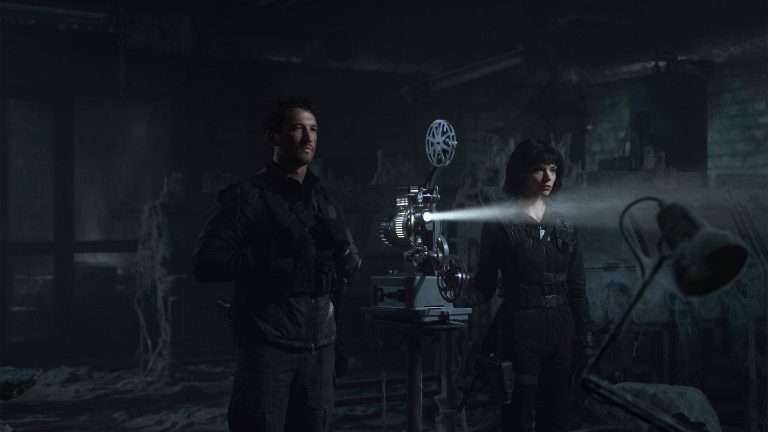
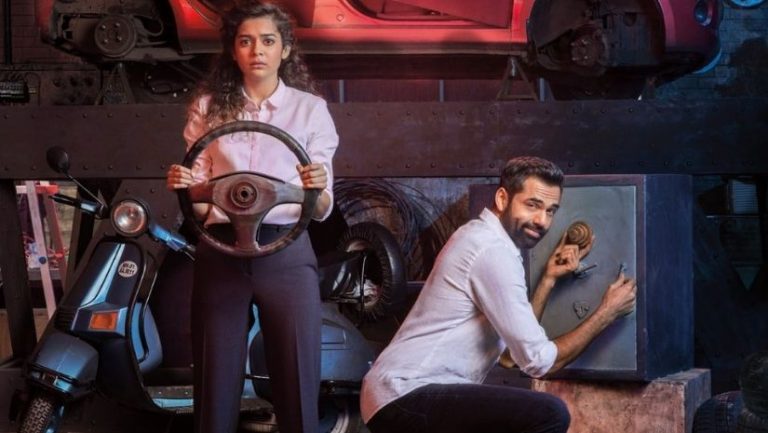
![Sun in the Last Days of the Shogunate [1957] Review – Blending Madcap Comedy and Social Commentary](https://79468c92.delivery.rocketcdn.me/wp-content/uploads/2020/07/Sun-in-the-Last-Days-of-the-Shogunate-1957-768x432.jpg)